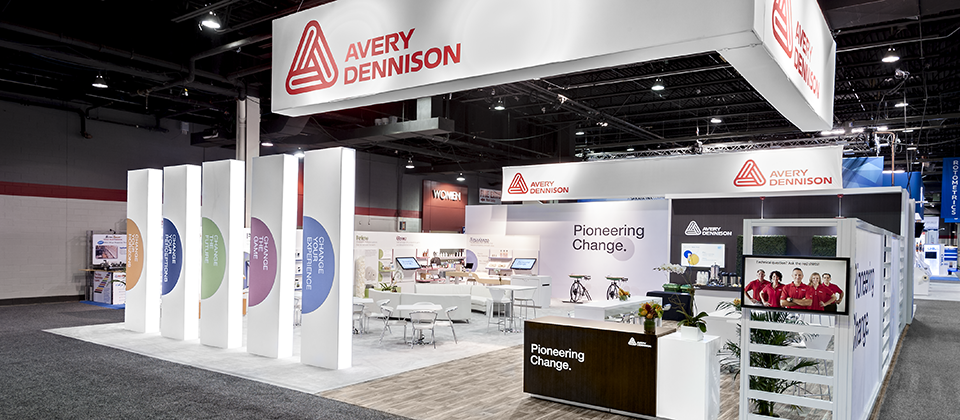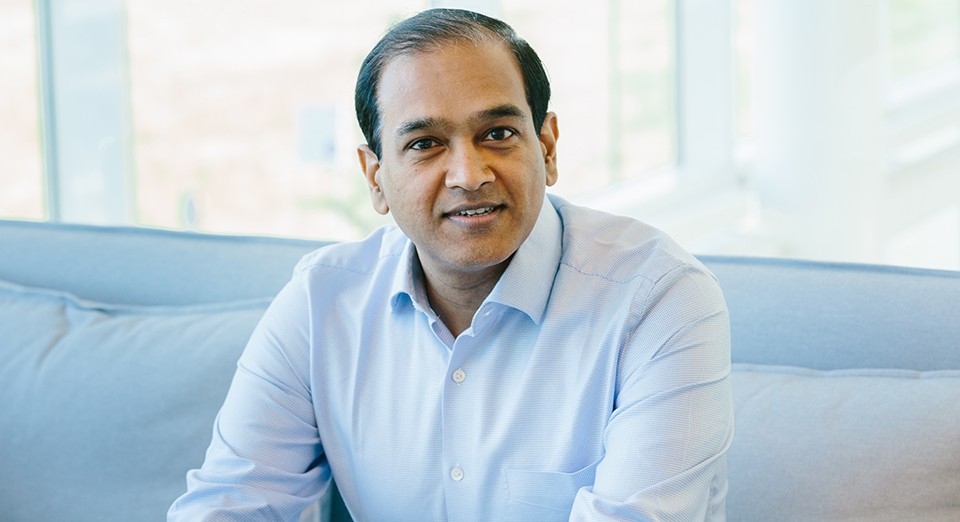This blog was originally featured on LinkedIn.*
Just over a week ago, I was in Chicago for Labelexpo, the largest trade show for the labeling and packaging industry. Perhaps unsurprisingly, the ongoing impact of the ever increasing demand from consumers for personalized products and experiences, that are more sustainable in their footprint, was evident across the booths at the show.
Personalization makes us, as consumers, feel more valued and as such we now expect our retailers or brands to provide us with more personalised, memorable experiences. Therefore when you, as a company, are able to engage on a deep, personal level with your consumers your brand experience is augmented - your consumers become part of your brand or your business.
The recently launched “My Edition” range of whiskies by Johnny Walker, Diageo, shows not only how the consumer is able to personalize the flavor, but also the labeling for the bottle - creating their very own edition.
At the show the presence of digital printing, which enables greater opportunities to personalize packaging, was much more apparent this year with a wider range of ink-jet alternatives and additional finishing options for digital presses. The increasing rate of demand and adoption is clear.
The second key influence of sustainability, seen at the show, has been important in the labeling and packaging industry for some time, but has become even more important recently as consumers are more aware of the impact of waste. Many of us, as consumers, expect the brands we purchase from to be good corporate citizens and fully transparent about the sustainability of the product itself, and the labelling and packaging. How the material is made is important, but more so is the impact it has on the overall recyclability of the package and its end of life. Consumers are increasing the pressure on brands to take responsibility and to create more sustainable design.
At the show this year I was encouraged to see a broader discussion on tackling liner waste, and more sustainable materials and print methods being demonstrated across the many companies exhibiting.
As well as presenting our sustainable solutions - ClearIntent ™ Portfolio - on our own booth, we sponsored the ecovillage by TLMI, as at Avery Dennison we believe the key to creating a more sustainable industry rests in collaboration across our entire value chain and with alternative industries. Our recent partnership with Plasticity is another example of this commitment to collaboration and our desire to learn and progress towards our 2025 goals - as after all sustainability is not just great for our environment, but it is also key for consumers and in turn for our industry!


